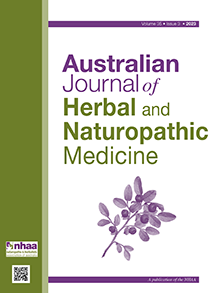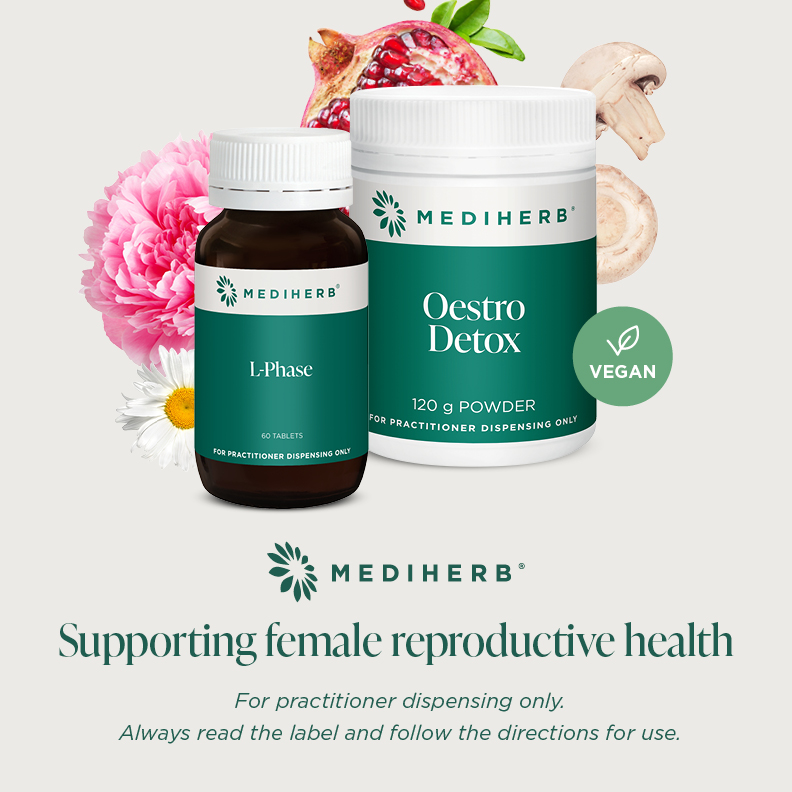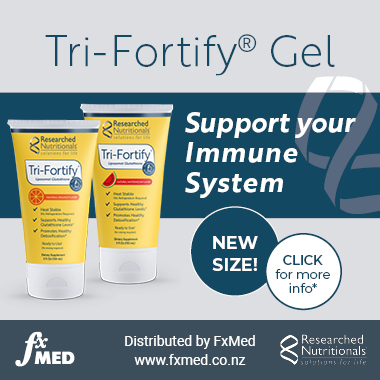Background Coronavirus disease (COVID‑19) is an infectious acute respiratory distress syndrome that has greatly affected the health of people across the world, including Pakistan. This research is focused on the spread of disease, psychological and physiological impact, utilisation of natural regimes, vaccination efficacy and their side effects in the population of Karachi, Pakistan.
Methods An online survey-based study was conducted consisting of 14 research questions about COVID‑19 and disseminated among people through email and social networking sites. The results were analysed through SPSS.
Results Survey results showed that COVID‑19 significantly affected the Pakistani population and was found in 58.1% of respondents. Major symptoms appeared as fever (72.2%), cough (69.4%), shortness of breath (69.4%) and loss of taste and smell (64.5%). Panadol (69.6%) and taking steam (65%) improved the condition. Most of the population (81.4%) was treated at home. 70.4% of the population used allopathic and natural treatment in combination. 82.6% of the population did not receive any prophylaxis treatment. Ginger (58.9%), honey (57.9%) and lemon (51.9%) were helpful in fighting disease. 89.2% of the population found vaccination helpful for the prevention of disease. Pain at the injection site (49.3%), body aches (44%) and fever (40.1%) were major side effects observed upon vaccination.
Conclusion COVID‑19 significantly affects the lifestyle of people in Pakistan. Wearing masks and hand washing are commonly found among the general population. Though the severity of the disease has declined with the passage of time, it produced a vast impact on people’s psychological, physiological and social life.







